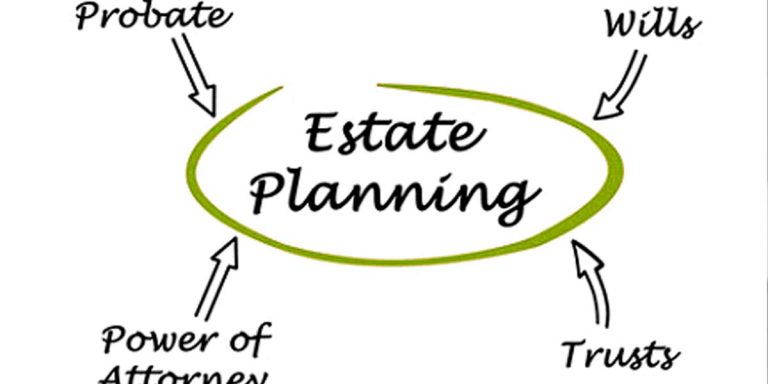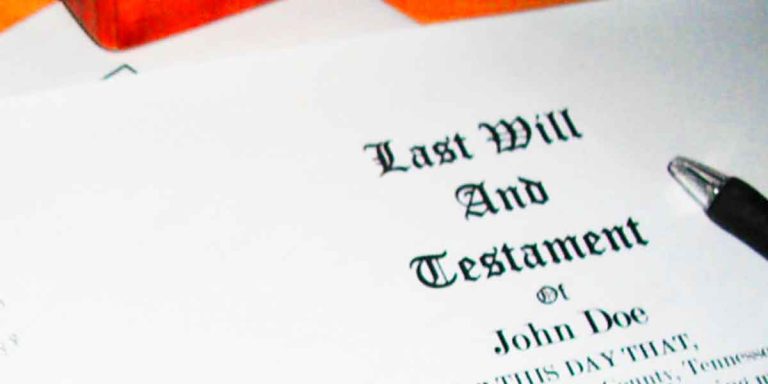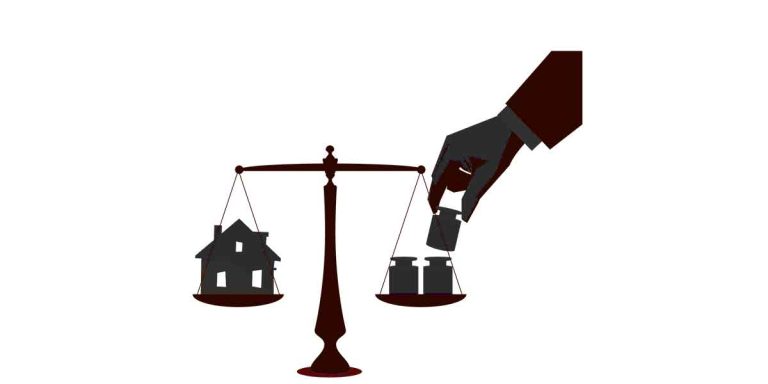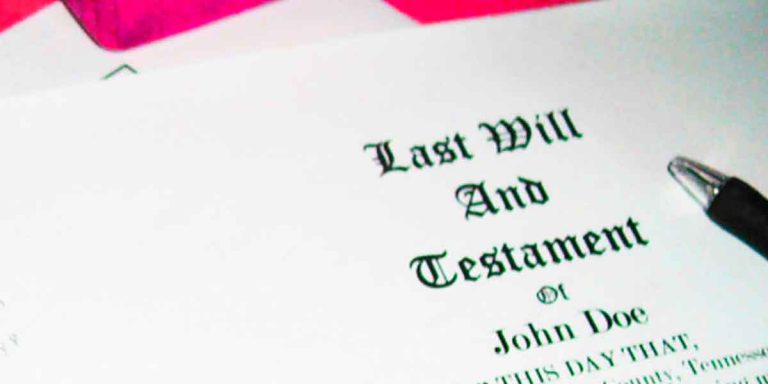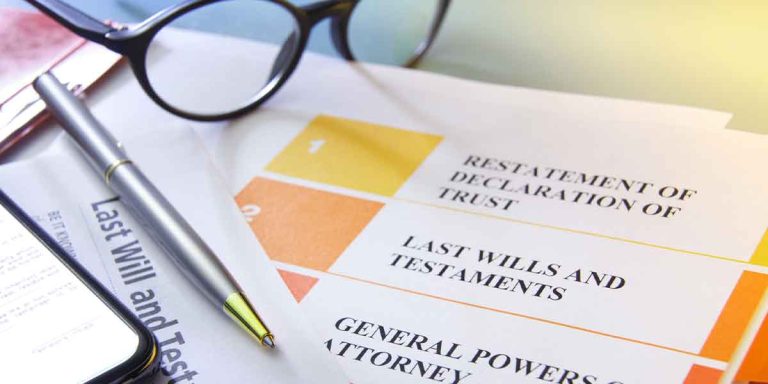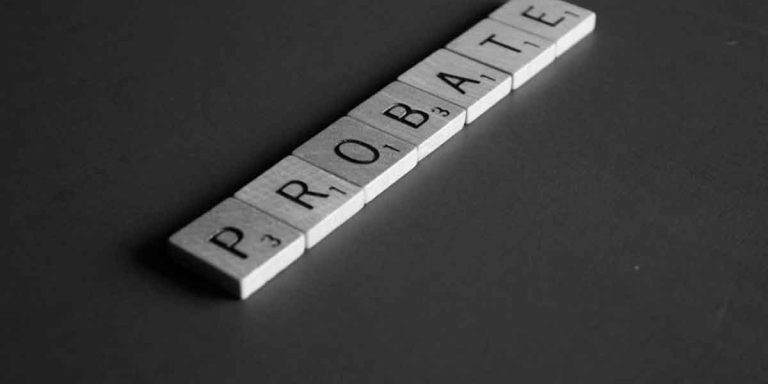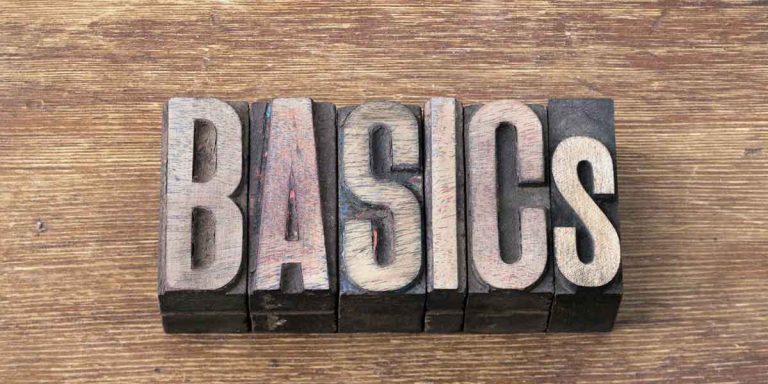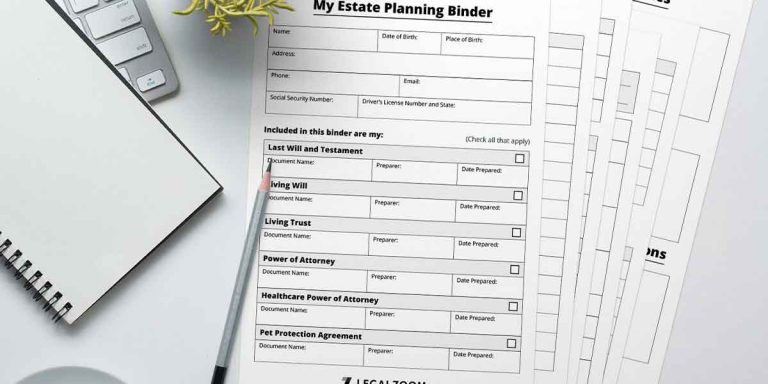- Wrong executor for the estate plan.
An executor is appointed at the start of the probate to oversee the whole process. Often times, the executor would have been named in the last Will by the decedent to ensure that he adequately ensure implementation of the estate plan. Peradventure, the estate’s executor also called personal representative lacks the expertise and professionalism required to carry out the deeds of the estate document, the probate process would be dragged and delayed. An executor is a very important figure during probate processes and as such you should be careful whom you selected to defend your interest. Our probate attorney, 10025, New York can stand in and be the right executor for you and family, contact one closes to you today.
- The complexity of the estate properties.
Generally, probate process of a small estate require just a few documents and estate affidavit to pass down the assets to named beneficiaries. Most states, just like New York have limits and requirements for estate to be small enough for less strict probate process. Typically, estate plan like this include just few assets. However, estate involving multiple bank accounts, houses, businesses, family or joint business would go through much longer probate.
- Assets named in estate document is located in different states.
If a decedent estate contain assets located in several state, then a longer probate is likely going to happen. Each states has its regulations as to how estate documents should be prepared, also formalities taken in implementing the estate plans. As such having estate properties across different states would require time to reconcile each estate plans of each state. Only then would probate commence In New York. It is important to involve the services of an experience probate attorney in this dire situation.
- Estate taxes
Some estate properties are subject to federal estate taxes. Usually, estate exceeding $11.5 million are taxed. However, estate are taxed at some state, but at much lower estimated than the federal imposed taxes. The time require to calculate the taxes incurred on an estate makes probate longer. Taxable estate require that it is cleared by the IRS (internal Revenue Service) before probate can be completed. Typically, this takes 5 to 7 months after an estate tax return is filled. This duration is a whole lot of time to complete probate for small estate.
- Paying up decedent debts and sorting out creditors.
Paying off debt owed by the decedent is a major step in completing a probate process. If the decedent owed lots of people, then more time is spent trying to get the right figures and paying the debts. Quite interestingly, creditors must be notified of the decedent death and given time to file their claims. The duration given to creditors to make this claim take as long as seven months in New York. Only when all debts have been paid and creditors settled would the estate plan be implemented.
- Will contest
Will contest is perhaps one of the most prevalent causes of long probate durations. Parties who are beneficiaries of a decedent properties may feel cheated or left out in the statement of the will. As such they may decide to petition the court on the authenticity of the Will. Typically, Will contest are initiated in probate court based off that, the decedent was coerced to writing the Will the way he/she did, the will was not created with proper formalities of creating estate documents in New York, or the decedent created the Will with influence of a named beneficiary.
Note: Beneficiaries named in a Will might not always agree with the decisions or implementation of a Will. It is more likely that dissatisfaction would occur among named beneficiaries especially if the estate plan has many beneficiaries to it.
Bottom line
- The executor or estate representative would usually act in manner that would have been pleasing to the deceased. Following the desires and wishes of the deceased as stated in the last will.
- Part of estate may be sold or used to raise funds to pay off debts, creditors, taxes and expenses incurred during probate. Thus, the probate attorney or executor proceeds to sharing the remaining estate.
- The date of death value of the deceased assets must be obtained through either bank statements or appraisal and submitted to the court. Most state just like the New York require the executor of the estate to itemize all the decedent’s assets and properties along with the date of death values.
- The probate process could be long or short depending on the complexity of the cases surrounding the will.











